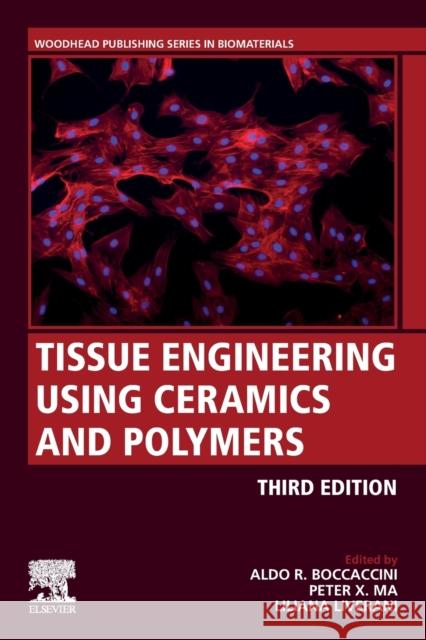Tissue Engineering Using Ceramics and Polymers » książka
topmenu
Tissue Engineering Using Ceramics and Polymers
ISBN-13: 9780128205082 / Angielski / Miękka / 2021 / 888 str.
Kategorie:
Kategorie BISAC:
Wydawca:
Woodhead Publishing
Seria wydawnicza:
Język:
Angielski
ISBN-13:
9780128205082
Rok wydania:
2021
Numer serii:
000904752
Ilość stron:
888
Waga:
1.15 kg
Wymiary:
22.86 x 15.24 x 4.47
Oprawa:
Miękka
Wolumenów:
01











